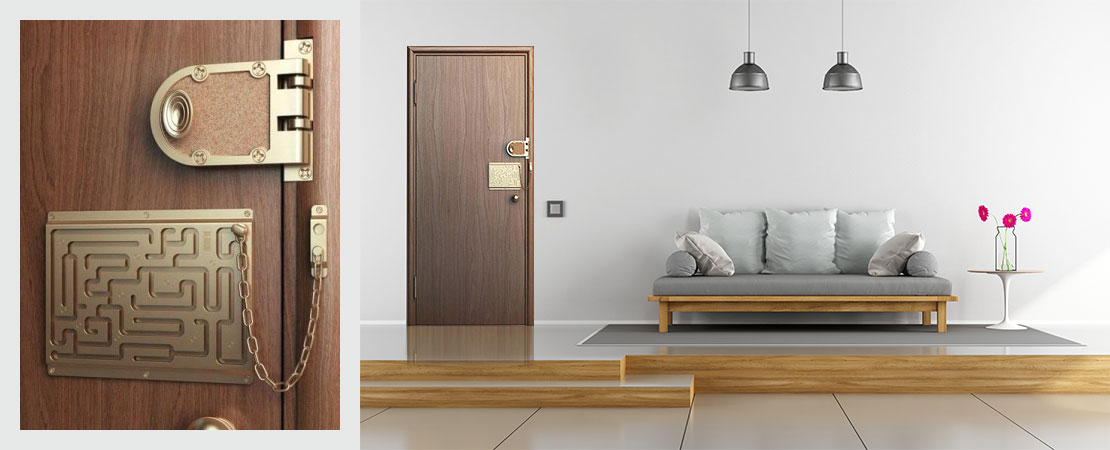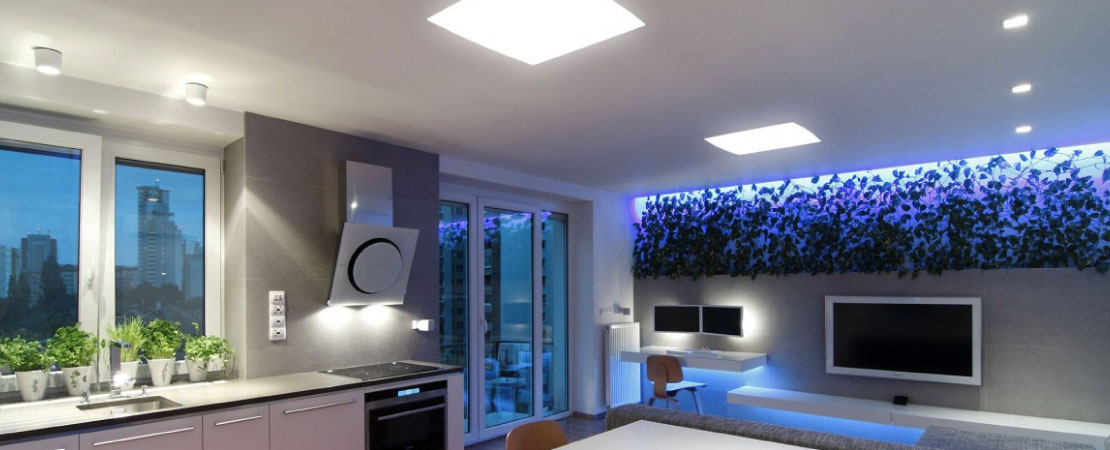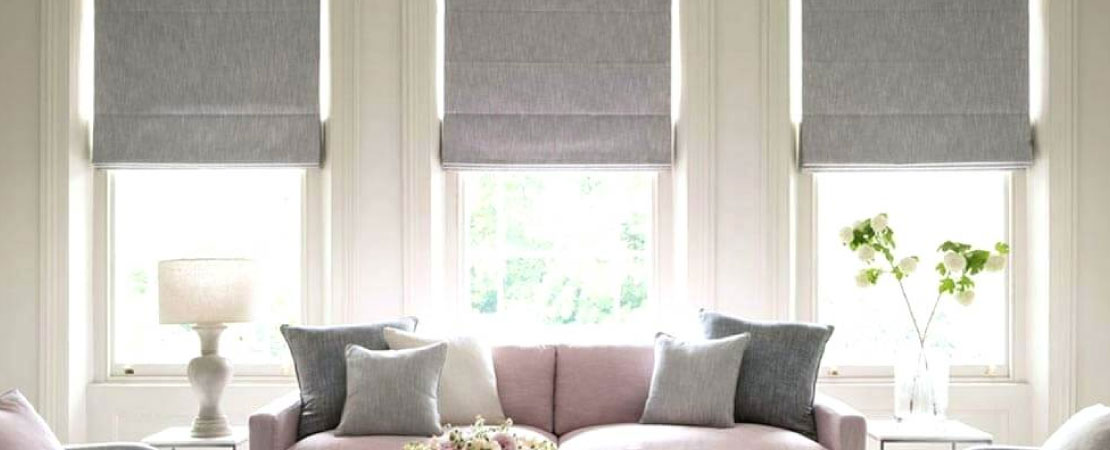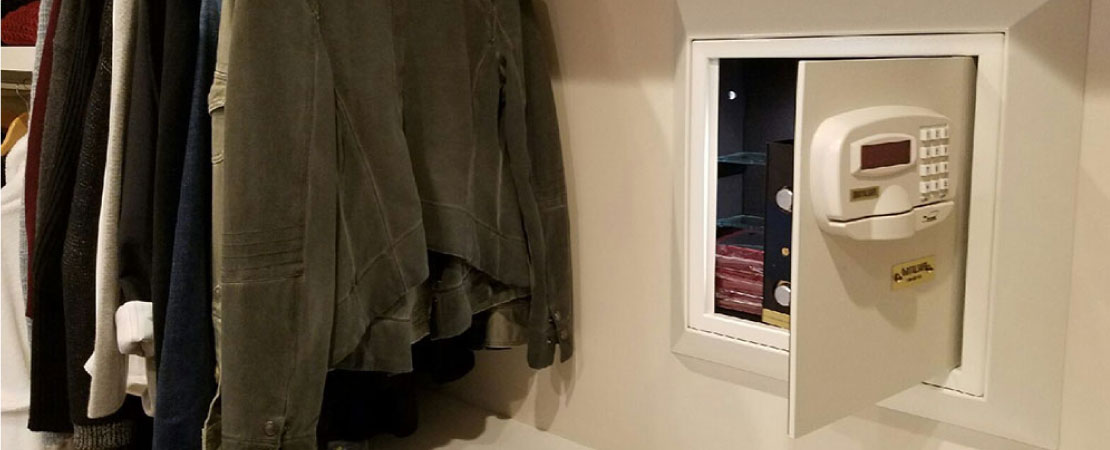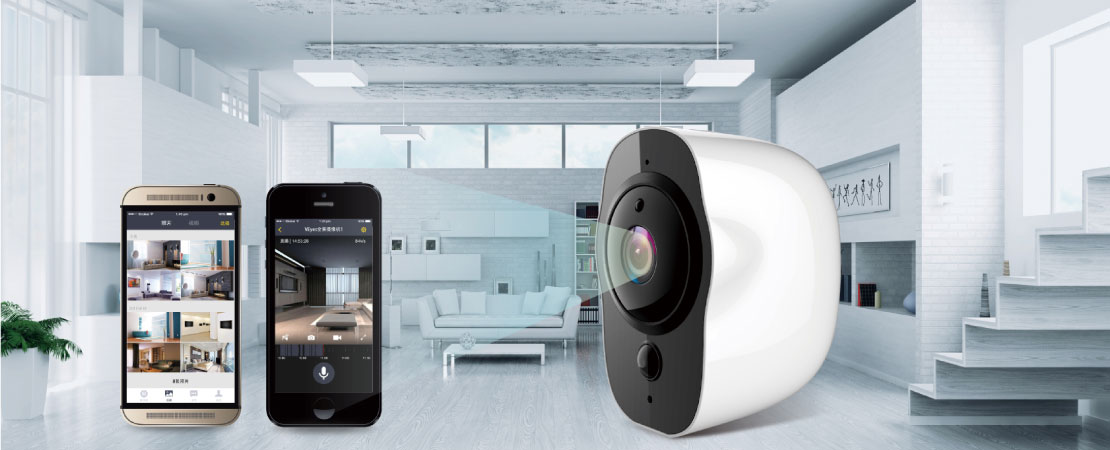Unlike the multi-billion dollar real estate industry in the US where every eight of ten homes for sale/rent/bank mortgage requires clearance from a home inspection audit team, professional home inspection and certification is a new concept in India. Essentially, home inspectors check out commercial and residential properties to determine if they satisfy global safety and quality codes, certify electrical/plumbing systems, and flag systemic faults for repair so that purchasers (and their financiers) are fully informed before sales contracts are finalised.
With India emerging as a favoured property investment destination of non-resident Indians, and an increasing number of savvy home buyers demanding sound construction practices and titles before investing their life’s savings in a property, home inspection companies, firms and consultancies have mushroomed. Notable among them are MACJ — A Buyer’s Choice Home Inspections (Kolkata); Homeinspektor (Bangalore); E-ghar (Ghaziabad); Meazurement Home Services (Mumbai) and CheckMyProp (Pune). Moreover, the recently legislated Real Estate Regulation and Development Act (RERA), 2016, whose prime objective is to protect home purchasers, has given the business of independent, third-party property inspections and certification a big boost.
Study programmes. Arts/science/commerce/civil engineering/electrical engineering graduates are eligible to enroll for short-term certificate/diploma courses covering real estate principles and practices offered by the Mumbai-based Real Estate Management Institute (REMI) or the Pune-based India Institute of Real Estate (IIRA), among a few others. Ideally, this diploma programme needs to be supplemented by the online home inspection certification programme offered by InterNachi — the world’s largest association of property inspectors based in the US — or Inspection Certifications Associates (ICA), also US-based.
Career progression. The remuneration packages of home inspectors vary depending on individual skills, size of projects and number of inspections conducted. Starting salary is in the range of Rs.30,000-40,000 per month. However, a senior/lead home inspector with three-five years experience can expect to earn Rs.60,000-100,000.
“The real estate industry whose annual revenue is set to touch $180 billion (Rs.12.3 lakh crore) by 2020, is one of the largest contributors to the country’s GDP, providing livelihood to 52 million people. The industry is experiencing a fundamental shift towards professionalism, credibility, and transparency. It is also adopting international standards and cutting-edge technologies to change age-old practices. In the new-age real estate industry, home inspection, which is critical for ensuring buyer satisfaction, has emerged as an important function. Youth aspiring to explore this new vocation must be ready and willing to work long hours on sites, and develop the virtues of patience, time management and communication capability,” says Yamini Sureka, founder-director of the Kolkata-based MACJ — A Buyer’s Choice Home Inspections Pvt. Ltd, and India’s first InterNachi certified home inspector.
An English postgraduate of Rajasthan University who moved to Kolkata after her marriage, Sureka began her career in home inspection services after co-promoting MACJ with her husband Mahendra in 2015. Several months prior, she completed the real estate inspection certification programmes of InterNachi and ICA, USA. Currently, she is a member of the International Association of Certified Home Inspectors, USA and American Society of Home Inspectors (ASHI).
“We are the first company in India to offer professional home inspection services in collaboration with A Buyer’s Choice Home Inspections, a premier American multinational with offices in 19 countries. Over the past three years, we have successfully expanded our footprint and set up offices in Pune, Delhi, Chennai and Mumbai.
Moreover, partnering with an established global brand has enabled us to employ modern tools and technologies in home inspection and become acquainted with global best practices,” says Sureka, who has thus far completed 750 property inspections.
Sureka predicts a great future for home inspectors in India. “Given the imminent boom in real estate and rising awareness of the importance of best construction practices which ensure buyer protection and satisfaction, the demand for home inspectors is set to grow exponentially, providing bright career opportunities for youth,” she says.
Source: www.educationworld.co/Magazines/EWIssueSection.aspx?Issue=June_2018&Section=Career_Focus








